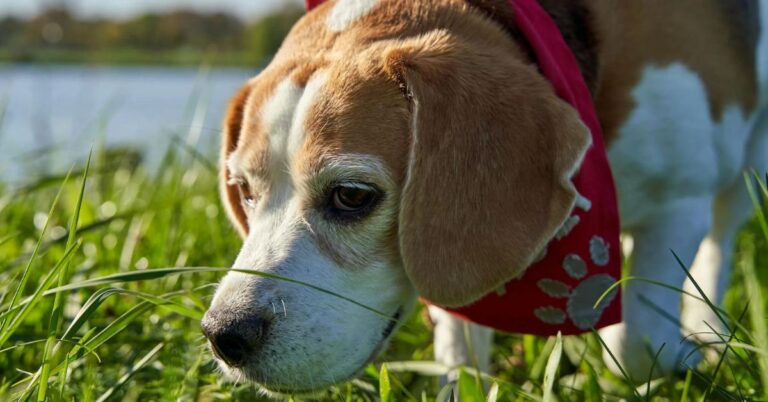30 Hidden Dangers in Your Home That Could Harm Your Dog
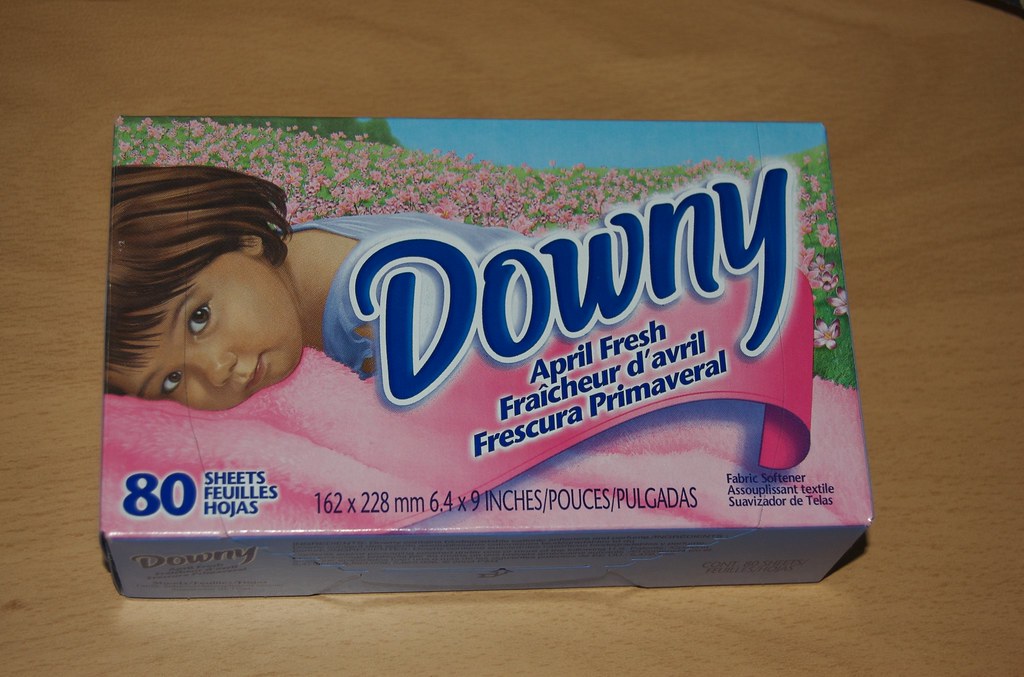
Our homes are full of items we use every day without a second thought, but for our dogs, some of these can be hidden dangers. From common household cleaners to certain foods, there are plenty of things that might be safe for us but harmful or even deadly to our pets. Here are 30 hidden dangers in your home that could pose a threat to your dog’s health and safety.
Chocolate and Other Foods with Caffeine

Chocolate, coffee, and other caffeinated foods contain methylxanthines, which are extremely toxic to dogs. Dark chocolate, baking chocolate, and coffee grounds are particularly dangerous as they contain higher levels of these compounds. Ingesting even a small amount can lead to symptoms like vomiting, diarrhea, tremors, rapid breathing, and, in severe cases, seizures or heart failure.
Grapes and Raisins
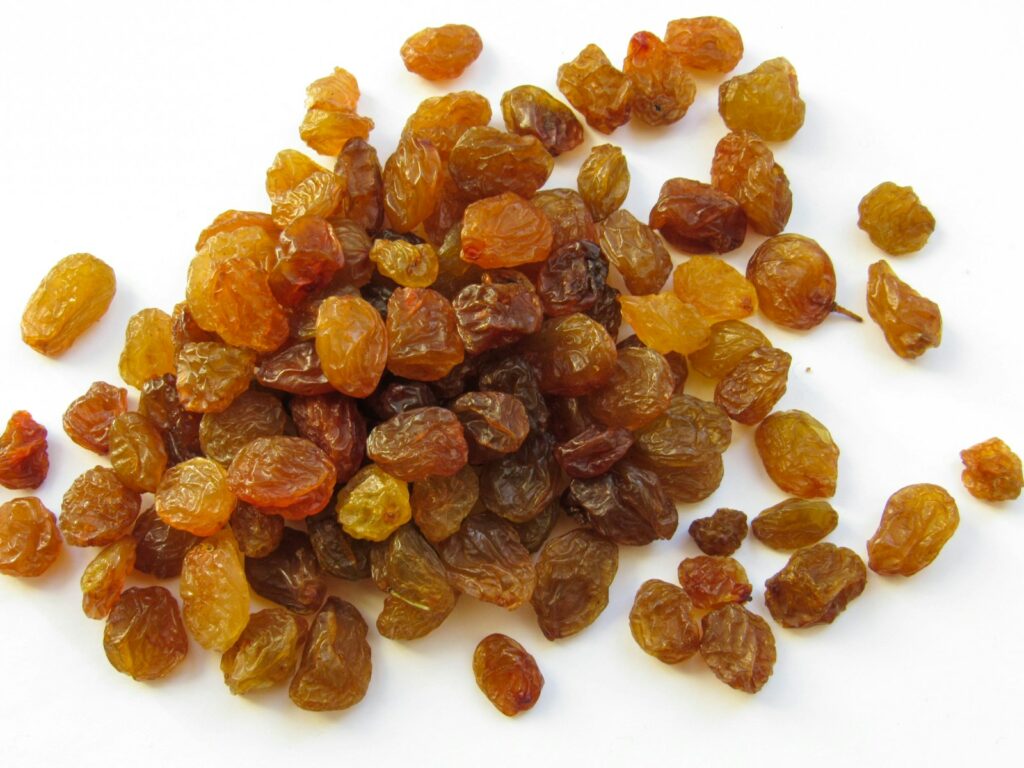
While grapes and raisins are healthy for humans, they can cause sudden kidney failure in dogs, leading to symptoms like vomiting, diarrhea, lethargy, and reduced appetite. The exact toxin in grapes and raisins isn’t fully understood, so it’s best to avoid giving your dog even small amounts. Keep these fruits in secure containers or high cabinets, as they can be deadly for dogs in certain doses.
Xylitol-Containing Foods
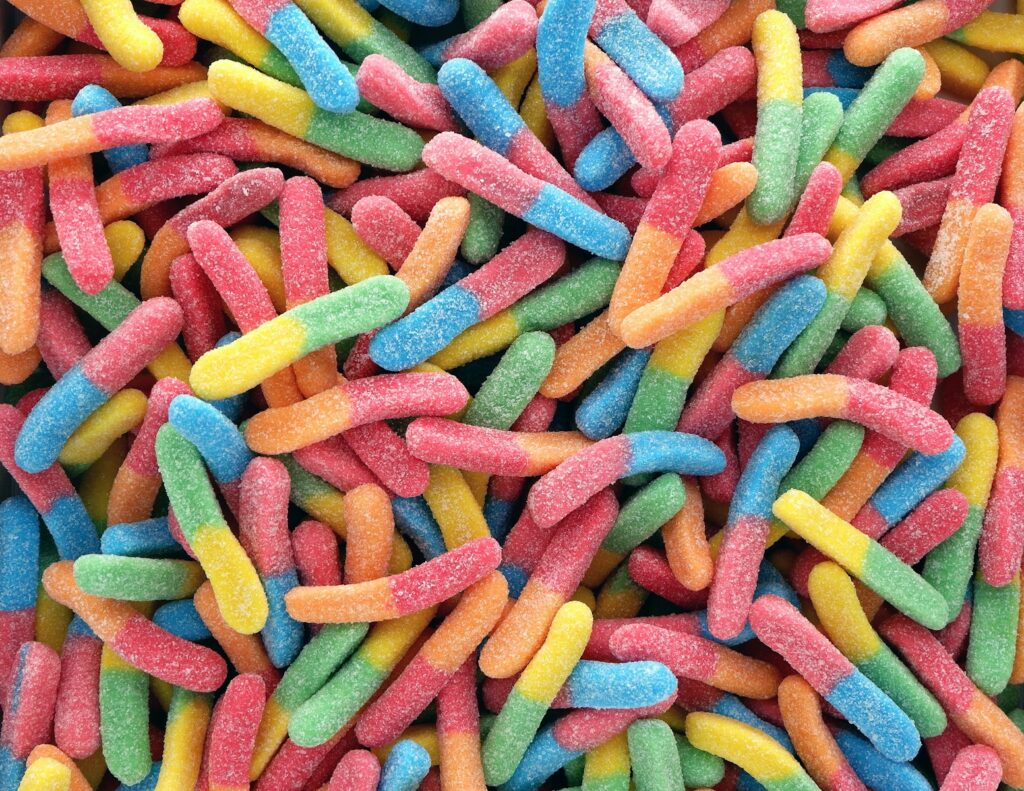
Xylitol, an artificial sweetener found in sugar-free gum, candy, and some peanut butters, is highly toxic to dogs. When ingested, xylitol causes a rapid insulin release, leading to a dangerous drop in blood sugar that can result in vomiting, seizures, liver failure, and even death. Always read ingredient labels carefully, especially on sugar-free products, and avoid leaving foods with xylitol in accessible areas, as even a small amount can be fatal.
Household Cleaners
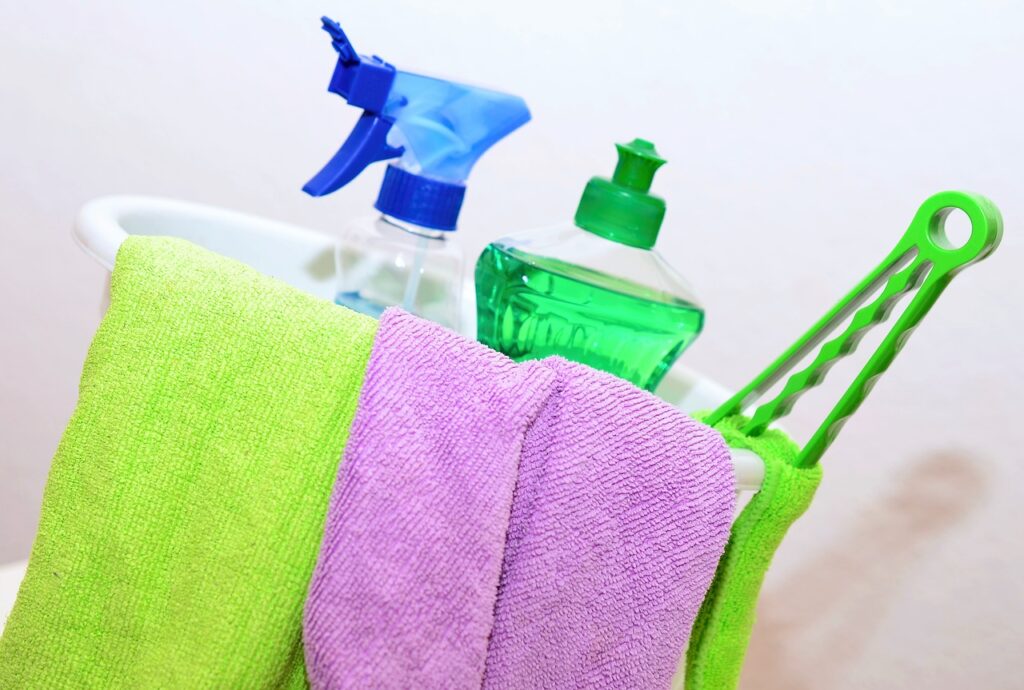
Many common household cleaners, such as bleach, ammonia, and disinfectants, contain harsh chemicals that are toxic to dogs if ingested or inhaled. Even diluted cleaning agents can cause respiratory irritation, skin burns, or stomach issues. To protect your dog, always store cleaners in locked cabinets and ventilate rooms when cleaning.
Essential Oils
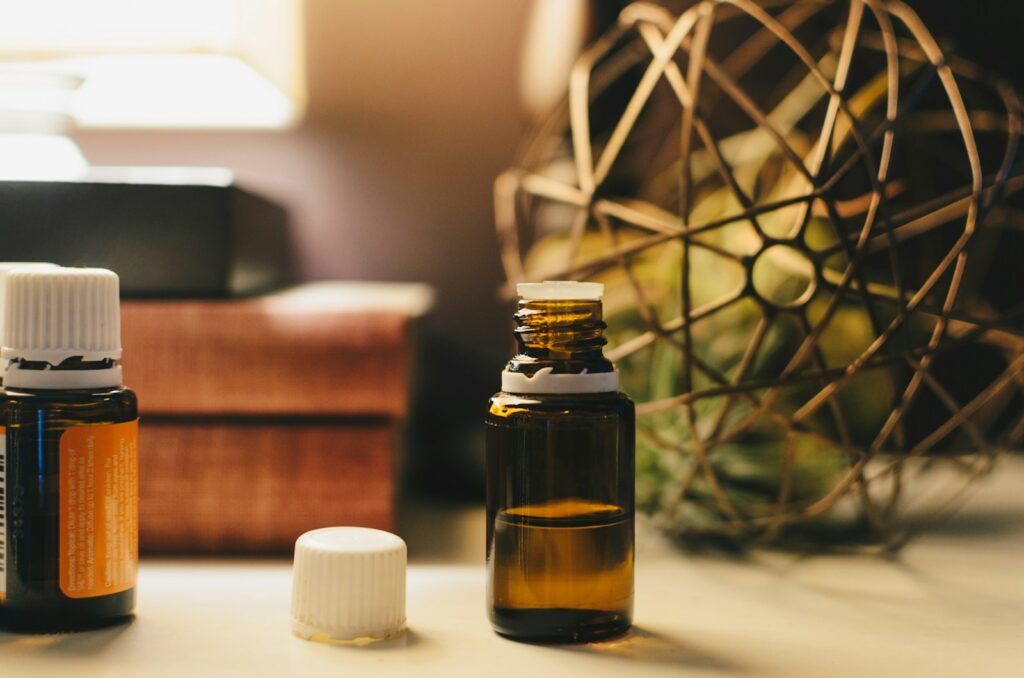
Certain essential oils, like tea tree, eucalyptus, peppermint, and citrus oils, can be dangerous to dogs, even if only inhaled or absorbed through the skin. Essential oils in diffusers release particles into the air, which can irritate dogs’ respiratory systems or even cause more severe reactions like vomiting, tremors, or liver damage. Store essential oils securely and research which oils are safe for pets before using them.
Antifreeze
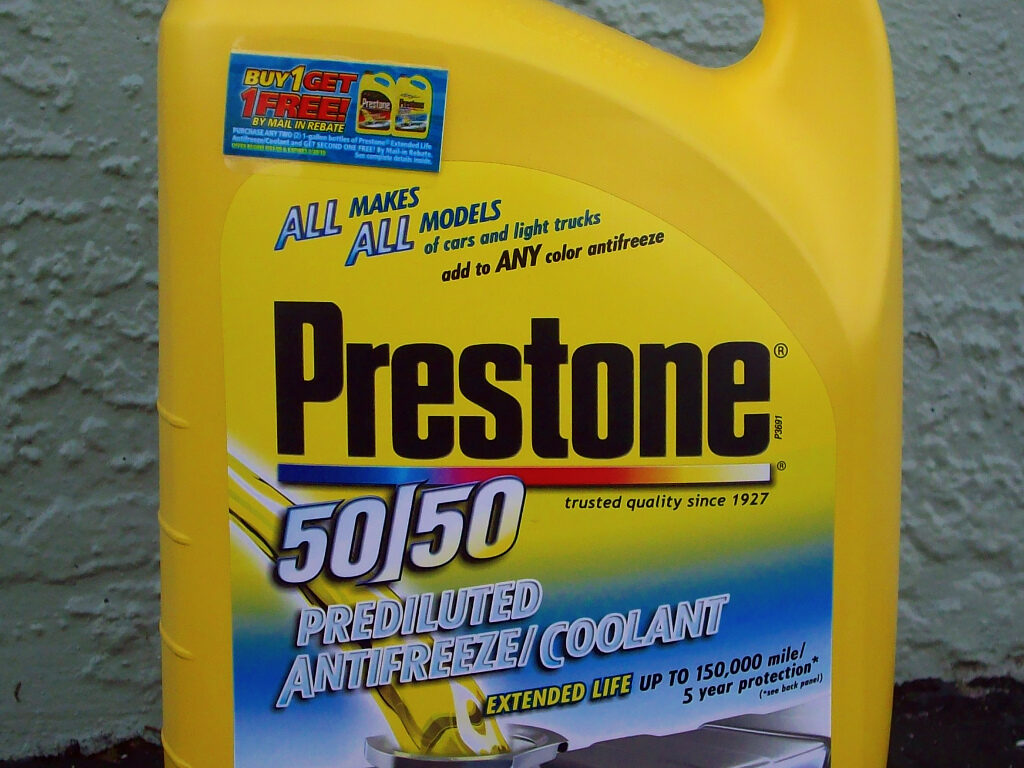
Antifreeze contains ethylene glycol, a compound that’s highly toxic to dogs and has a sweet scent and taste that can be appealing to them. Ingesting even a small amount of antifreeze can result in kidney failure and death. Make sure to clean up any spills immediately, store antifreeze in tightly sealed containers, and avoid using it in areas where your dog might have access, such as driveways or garages.
Certain Houseplants
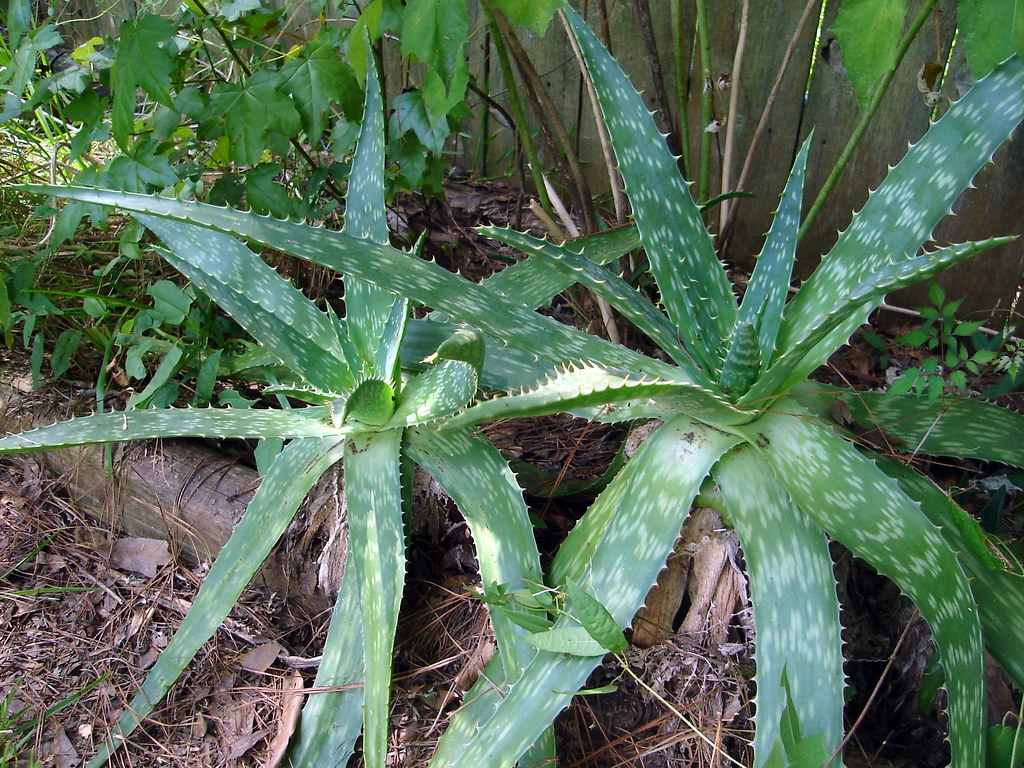
Common houseplants like lilies, aloe vera, philodendron, and sago palms are toxic to dogs if ingested, causing symptoms like drooling, vomiting, lethargy, and even organ failure in severe cases. Sago palms, in particular, are highly poisonous and can lead to liver damage and death. Before bringing plants into your home, check their toxicity levels for pets, and consider pet-friendly alternatives or placing dangerous plants in inaccessible areas.
Electrical Cords
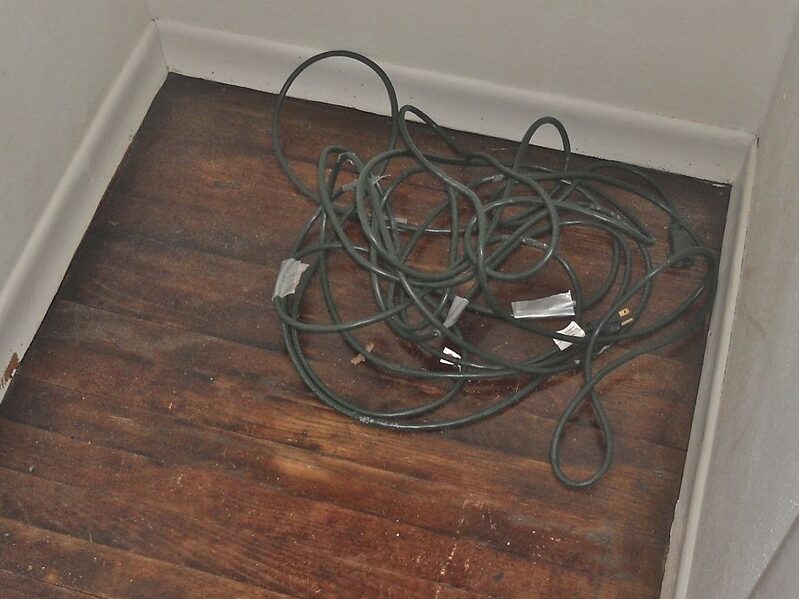
Dogs, particularly puppies, may chew on electrical cords, risking electric shocks, burns, and even life-threatening injuries. Electric shock can cause severe pain, tissue damage, and cardiac arrest in extreme cases. To prevent this, use protective cord covers, arrange furniture to hide cords, and unplug unused devices. You can also train your dog to avoid cords or use pet-safe deterrent sprays to reduce the likelihood of chewing.
Medications and Vitamins
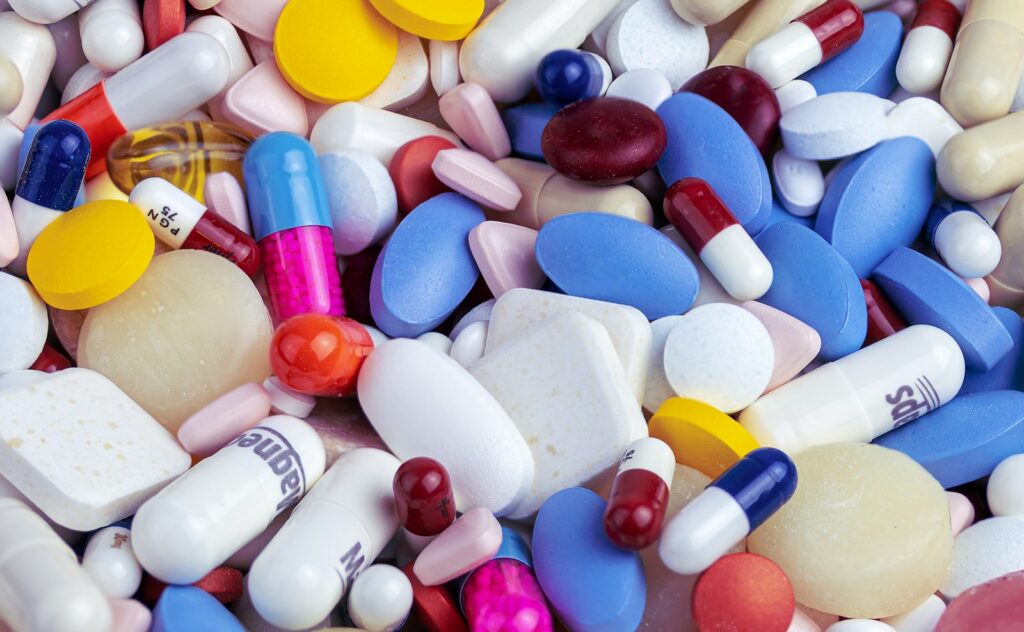
Human medications, including over-the-counter painkillers, antidepressants, and vitamins, are highly toxic to dogs. Certain medications, like ibuprofen, can cause stomach ulcers, kidney failure, and neurological damage in dogs, even in small doses. Always store medications in child-proof, pet-proof containers in locked cabinets, and never leave pills or vitamins on countertops, as dogs may mistake them for treats.
Garbage and Trash Cans
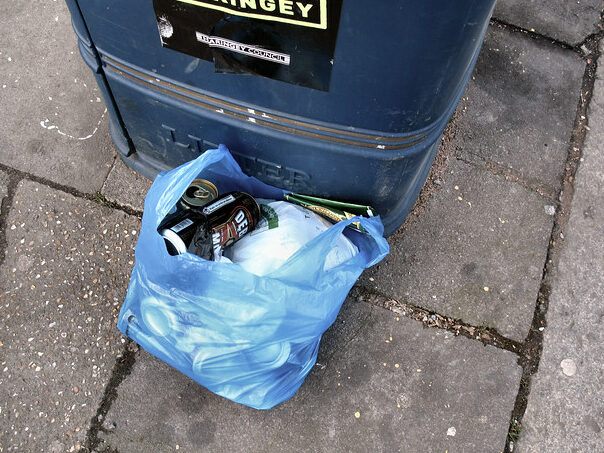
Trash cans can contain spoiled food, bones, toxic substances, and other harmful items that pose choking hazards or cause gastrointestinal distress. Dogs may be tempted to rummage through garbage in search of food scraps, risking exposure to sharp objects or harmful chemicals. Use trash cans with secure lids, place them in cabinets or closets, and avoid throwing away hazardous items where your dog can access them.
Uncooked Dough
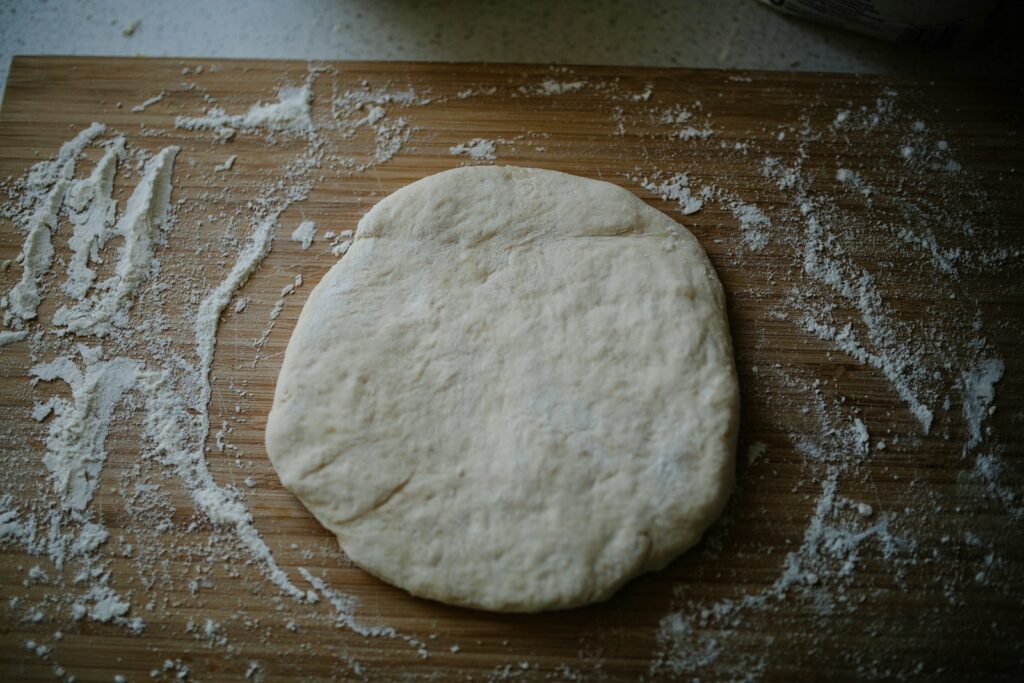
Uncooked bread or pizza dough, when ingested by dogs, can expand in the stomach, causing painful bloating and potentially life-threatening gastric dilation. Additionally, the yeast in dough ferments and produces alcohol, leading to alcohol poisoning. Dough that’s left to rise should be kept in an inaccessible area, and any leftover or discarded dough should be securely disposed of to prevent accidental ingestion.
Alcohol and Alcohol-Based Products

Alcohol is very toxic to your pup and can cause vomiting, disorientation, difficulty breathing, and even coma. This applies not only to alcoholic beverages but also to products like hand sanitizer, mouthwash, and perfume, which may contain high levels of alcohol. Store all alcohol-based items securely in cabinets, and be cautious about using these products around your dog’s food and water areas.
Laundry Detergents and Pods
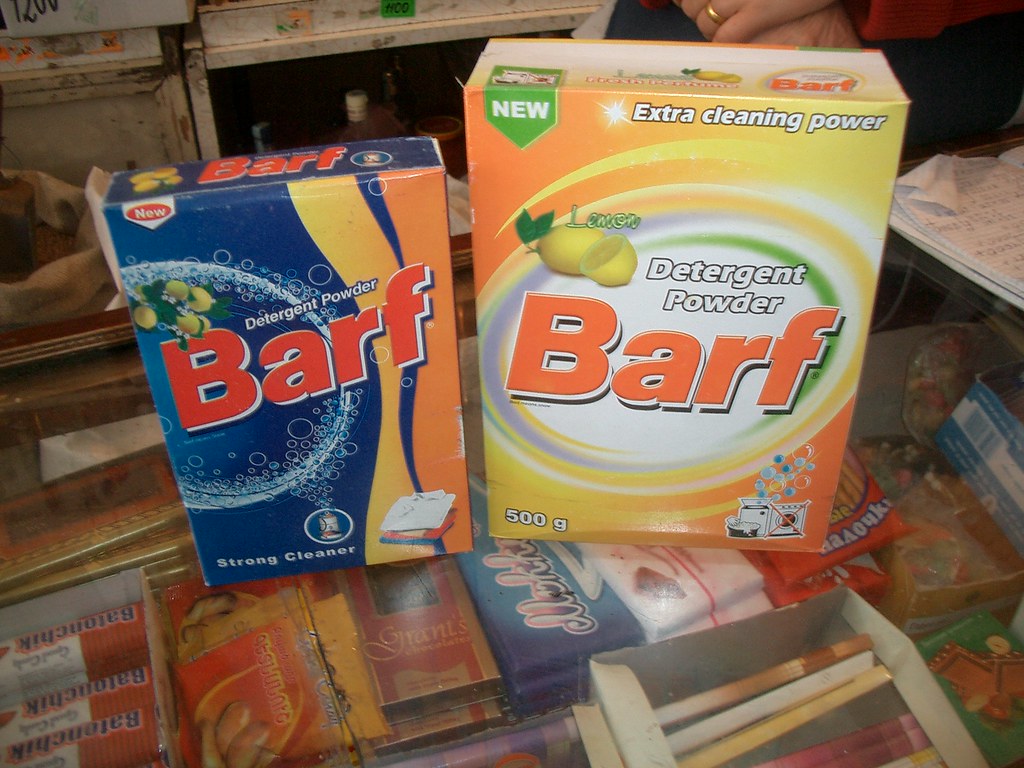
Laundry detergents and pods are packed with highly concentrated chemicals that can cause severe irritation or burns in a dog’s mouth and throat if ingested. Ingesting or even licking these products can lead to vomiting, drooling, and respiratory issues. To keep your dog safe, store all laundry supplies in a locked cabinet and avoid leaving brightly colored detergent pods within your pet’s reach.
Onions and Garlic
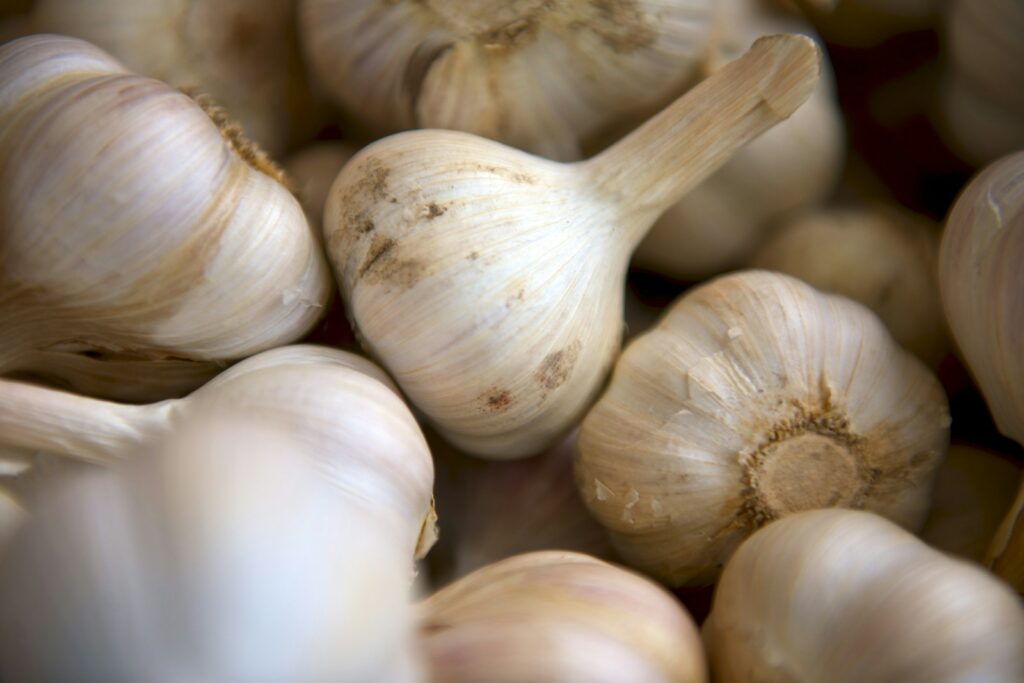
Onions, garlic, leeks, and chives contain compounds that are harmful to dogs and can lead to anemia by damaging red blood cells. These ingredients, even in small amounts, can cause weakness, lethargy, and pale gums over time. Be mindful of these ingredients in your meals and ensure they’re stored out of your pet’s reach, as they can be toxic in raw, cooked, or powdered forms.
Tobacco and Nicotine Products
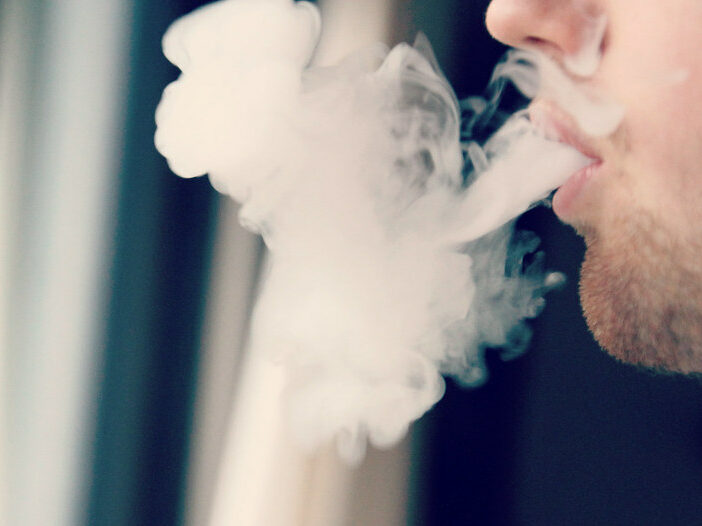
Nicotine, found in cigarettes, e-cigarettes, and chewing tobacco, is extremely toxic to dogs. Even a small amount can cause vomiting, drooling, tremors, and severe symptoms such as seizures and death. To prevent accidental ingestion, dispose of tobacco products carefully and keep all nicotine items, including e-cigarette cartridges, out of reach from curious pets.
Bones from Cooked Meat
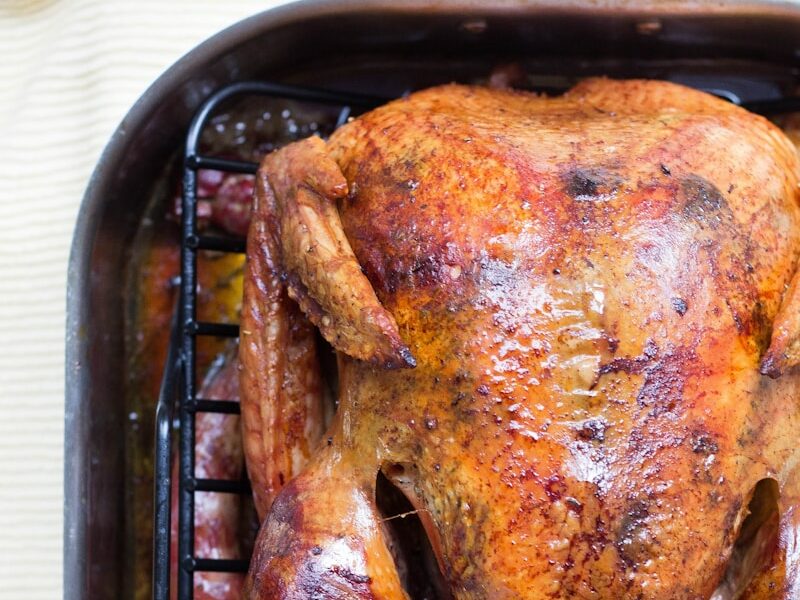
Cooked bones, unlike raw bones, can easily splinter, posing a choking hazard and causing internal injuries to a dog’s digestive system. While raw bones may be safe for some dogs under supervision, avoid giving cooked bones as they can splinter into sharp fragments. Discard bones securely in trash bins with lids to prevent your dog from accessing them.
Leftover Fat Trimmings

Fatty trimmings, like bacon grease or table scraps, can cause pancreatitis in dogs, a painful and potentially life-threatening condition. Pancreatitis can lead to symptoms like vomiting, abdominal pain, and lethargy. Avoid giving your dog table scraps, especially fatty ones, and ensure that all leftovers are stored out of reach or discarded in a secure trash can.
Salt and Salt-Based Seasonings
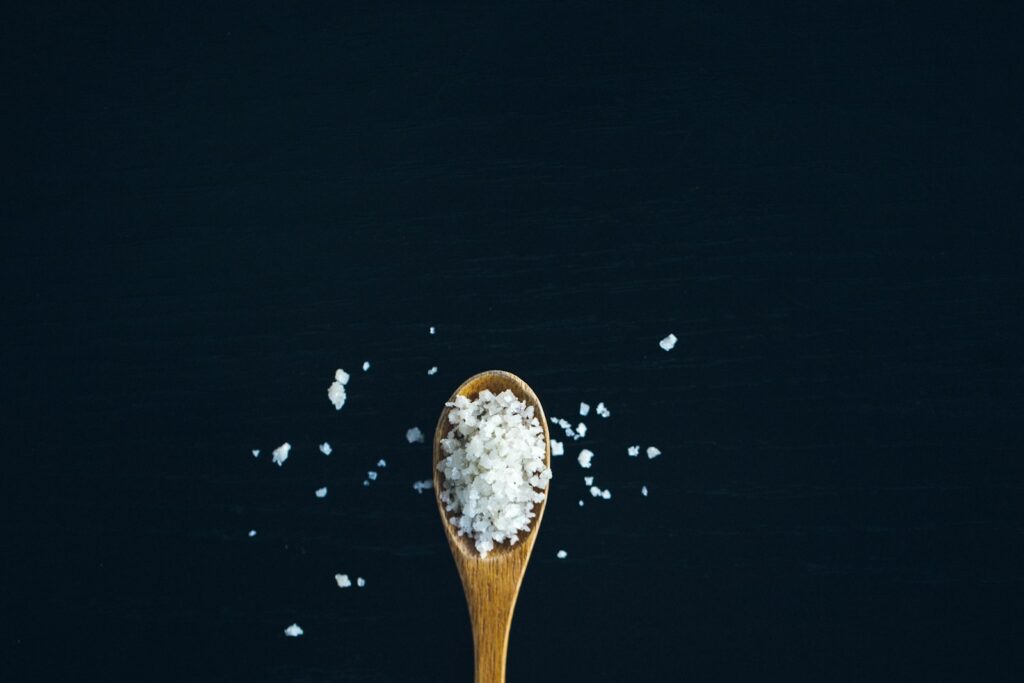
Too much salt can lead to salt poisoning in dogs, which causes symptoms such as vomiting, diarrhea, tremors, and seizures. Foods like chips, salted nuts, and cured meats contain high levels of salt and should never be given to dogs. Always keep salty snacks and seasonings out of your dog’s reach, and avoid using salt on your dog’s treats or food.
Raw Meat and Fish with Bones
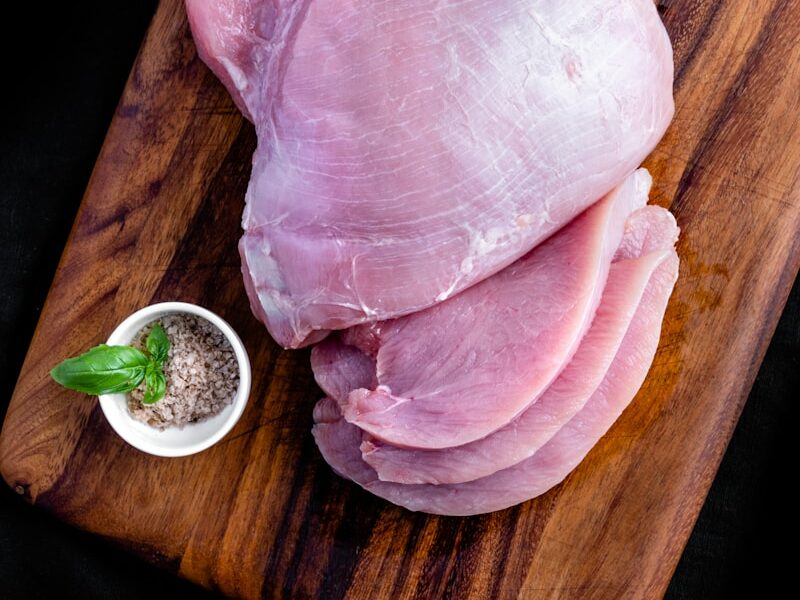
While raw diets are becoming popular for dogs, bones in raw meat or fish can pose a choking hazard or cause injuries if swallowed. Some fish may also contain parasites that can harm your dog’s health. Consult your vet if you’re considering a raw diet, and exercise caution with meat that may contain small bones or harmful bacteria.
Fabric Softeners and Dryer Sheets
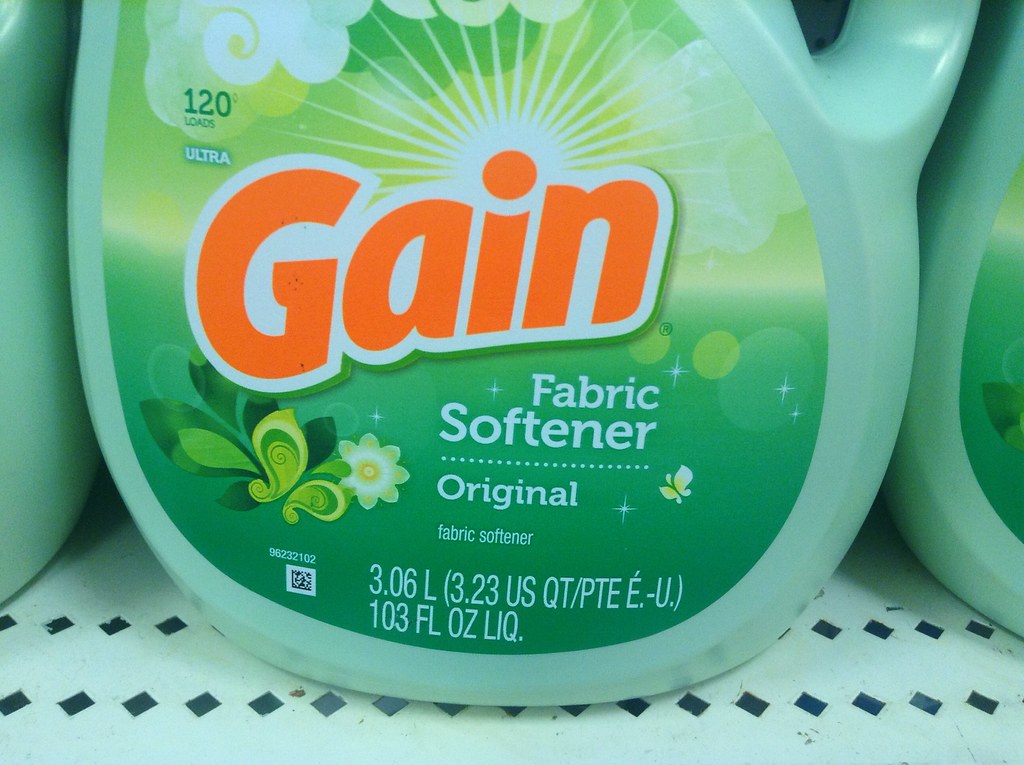
Fabric softeners and dryer sheets contain chemicals that can be harmful if chewed or ingested by dogs. Dogs may be attracted to the smell, but these items can cause drooling, mouth ulcers, and stomach upset if ingested. Store these products out of reach and make sure used dryer sheets are disposed of safely.
Mothballs

Mothballs contain chemicals like naphthalene or paradichlorobenzene, which are highly toxic to dogs if ingested. Even a single mothball can cause symptoms like vomiting, tremors, respiratory issues, and even liver or kidney damage in pets. Dogs might be curious about the smell, so store mothballs in airtight containers in closets or areas completely out of reach. If you use them seasonally, ensure they’re placed in spaces inaccessible to your dog.
Paint and Paint Thinners

Paints and paint thinners often contain toxic chemicals that can harm dogs if inhaled or ingested. Dogs that lick freshly painted surfaces or inhale fumes may suffer from symptoms like vomiting, drooling, respiratory distress, and lethargy. Always store these items securely and only use paint in well-ventilated, pet-free areas.
Cat Litter and Waste
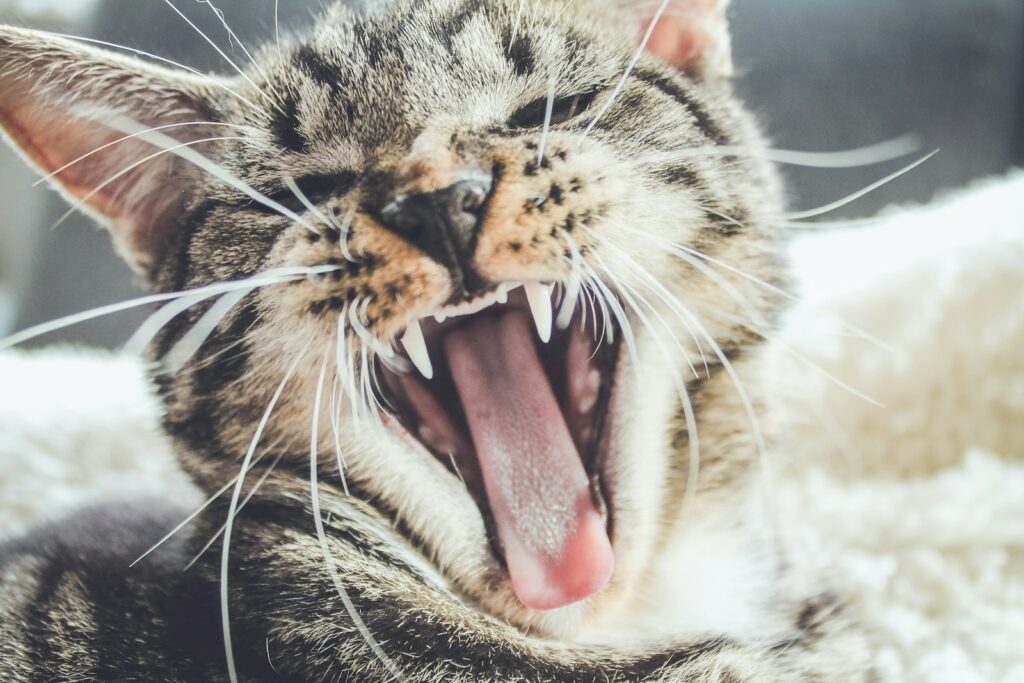
If you have both cats and dogs, be cautious with your litter box setup. Dogs are often tempted to “snack” on cat litter or waste, which can lead to blockages in the intestines and expose them to parasites or bacteria harmful to their health. Choose a dog-proof litter box or place the litter box in an area inaccessible to your dog, such as behind a baby gate or in a closed-off room.
Rusty Nails or Sharp Objects

Rusty nails, thumbtacks, broken glass, and other sharp objects lying around the house or yard can be extremely dangerous for dogs. Stepping on these items or chewing them can lead to painful cuts, infections, or worse. Always clean up after DIY projects and yard work, and dispose of any sharp items properly to avoid injuries.
Heating Pads and Electric Blankets
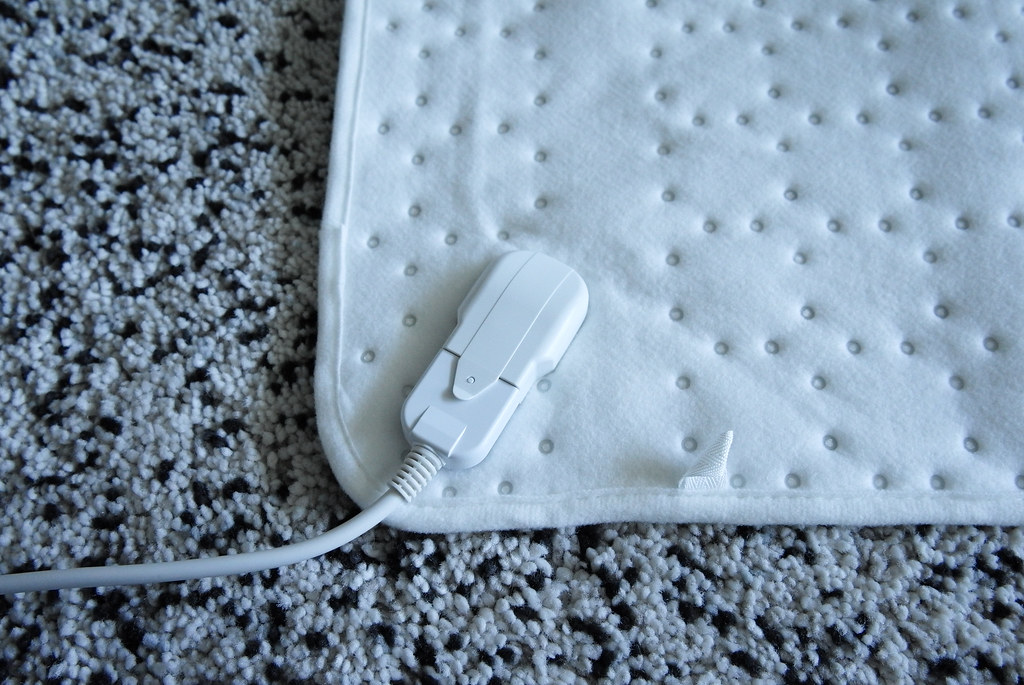
Heating pads and electric blankets can be comforting for humans but may cause burns or electric shocks if your dog decides to chew on the cords or rest on them for too long. The warmth can attract dogs, but excessive use could also lead to overheating. Always unplug these items when not in use, and consider pet-safe heating alternatives, especially during colder months.
Carpet Cleaners and Deodorizers
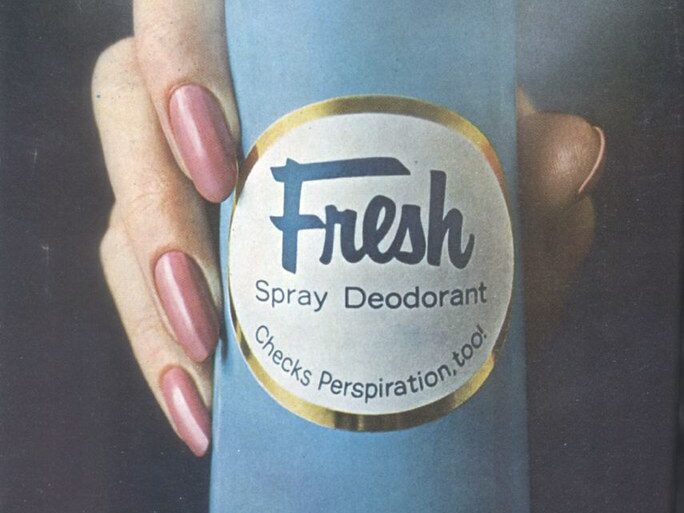
Many carpet cleaners and deodorizers contain strong chemicals that can irritate a dog’s respiratory system or skin. Dogs, especially those with sensitive noses, might ingest residues left on carpets by licking or sniffing, leading to gastrointestinal upset. Opt for pet-safe carpet cleaners and make sure carpets are fully dry before letting your dog back on them to avoid irritation and potential ingestion.
Glass Cleaner and Other Household Sprays
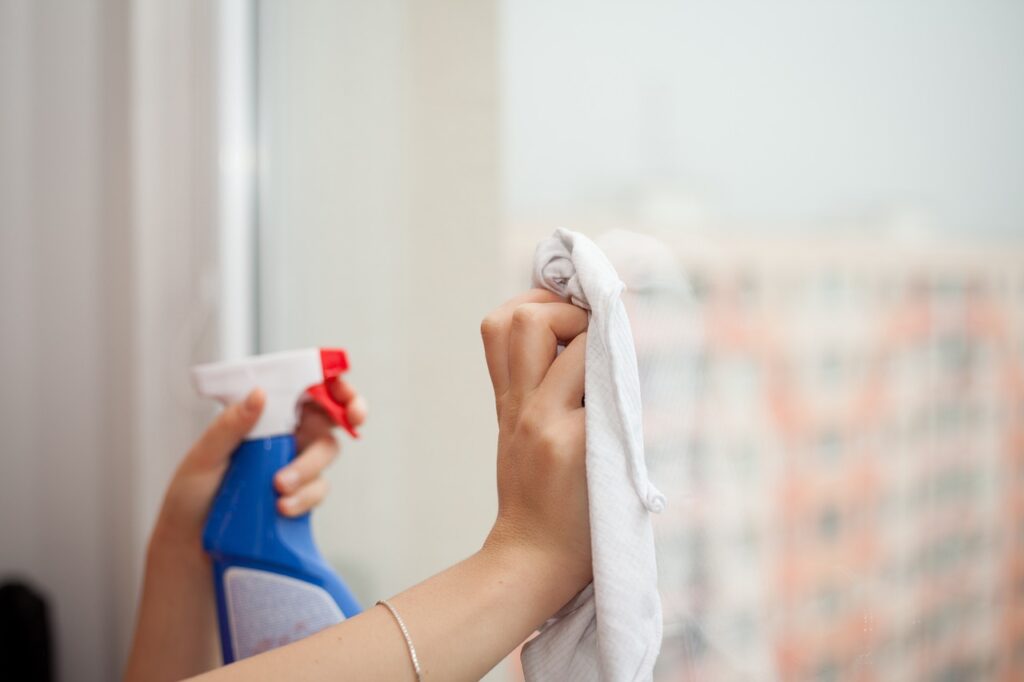
Glass cleaners and other household sprays often contain ammonia or similar chemicals that can be harmful if inhaled or licked by dogs. Curious dogs might sniff or lick freshly cleaned surfaces, risking exposure to these toxic substances. Always store cleaning sprays out of reach, and thoroughly wipe down surfaces to remove residue before allowing your dog to be near the area.
Candles and Air Fresheners

Scented candles and air fresheners can release chemicals that may irritate your dog’s respiratory system. Dogs are particularly sensitive to certain essential oils and synthetic fragrances that are often found in these products. Use candles and air fresheners sparingly in well-ventilated rooms, or consider pet-safe options. Opt for unscented candles if you must use them, as certain scents can cause reactions in some pets.
Christmas Trees and Ornaments

The holiday season brings festive decorations, but Christmas trees and ornaments can be hazardous for dogs. Pine needles, if ingested, can cause gastrointestinal upset, while fragile ornaments may break and pose choking or injury risks. Avoid ornaments at a dog’s eye level, and ensure any tree water additives are pet-safe, as dogs may be tempted to drink the water from the tree stand, which can contain chemicals.
Plastic Bags and Packaging Materials
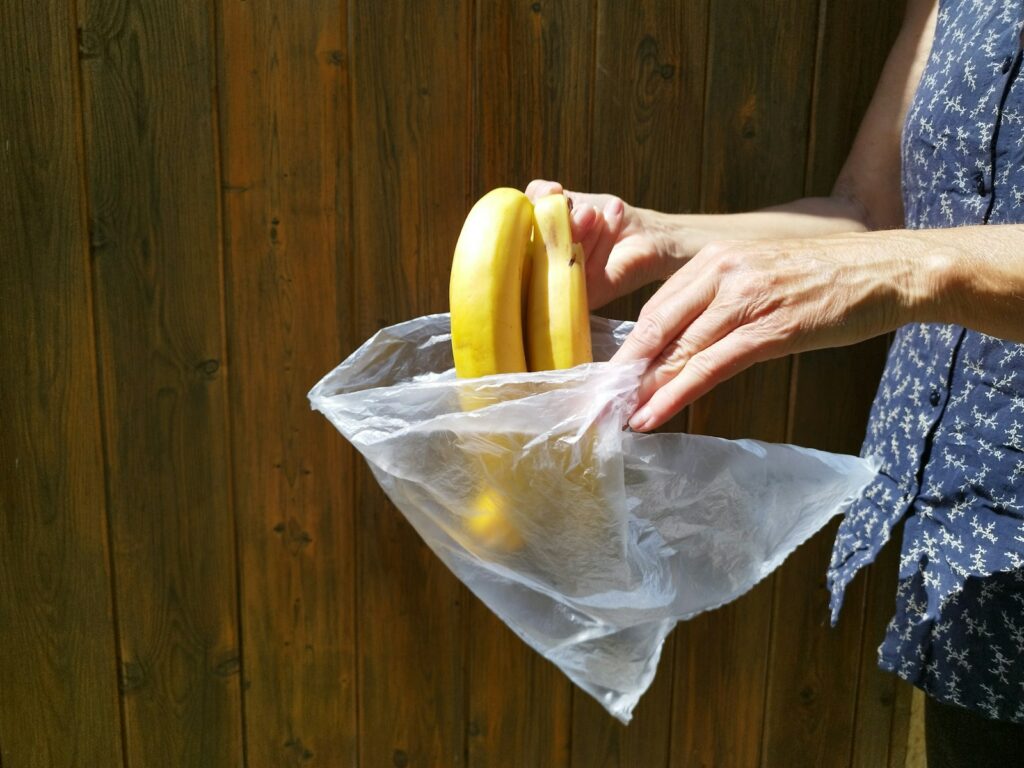
Plastic bags, bubble wrap, and other packaging materials might seem harmless, but they can be very dangerous for dogs. Dogs may chew or swallow plastic, causing choking hazards or intestinal blockages. Always store plastic bags and packaging materials out of reach and dispose of them securely. Dogs often mistake plastic for toys, so be especially cautious after unboxing deliveries or handling packaging materials.




